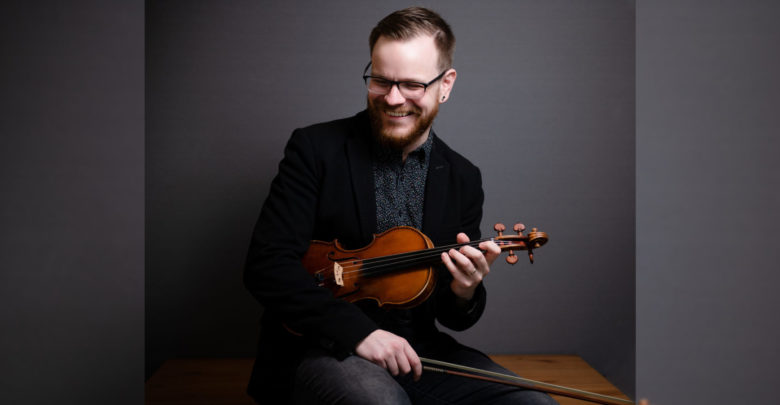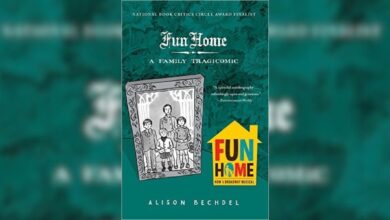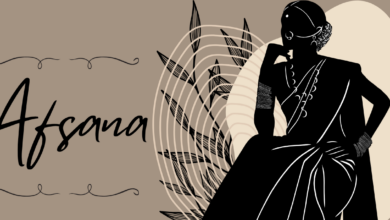Violinist Arlan Vriens highlights adaptation of classical music in the modern world
Historically-informed performances allow classical music to be "fresh and exciting today," said Vriens.
 Supplied: Bo Huang
Supplied: Bo HuangThis is the first article in a four-part series about Edmonton’s 2022 LGAAA Emerging Artist Award recipients.
By utilizing a modern understanding of music, violinist Arlan Vriens marries traditional classical music with revitalized modern music components for a comprehensive understanding of music in our times.
Vriens is a classical violinist who specializes in both contemporary music by important musical voices of the past two decades and historically-informed performance. Historically-informed performance means approaching historical music by considering how musicians and instruments of the past might have sounded different than they do in modern performance.
Reimagining a piece for modern-day production includes understanding the historical contexts that surround it. Vriens explained that while musicians may want to make pieces a “luscious, beautiful, romantic extravaganza,” historical music was sometimes used to present an argument, or something more like speech. Although the notes of the music have not changed, the style in which it is played has, and Vriens attributes that shift to the passage of time.
“In [the] meantime, we’ve had all these social and artistic movements that have really changed the types of sound that we prioritize.”
Why do historically-informed performance at all? For Vriens, music needs to be kept dynamic to match the times.
“I fell in love with the violin by hearing these great players play stuff,” Vriens said. “If I only ever tried to copy them, then I’m not really adding anything new to the world.”
“If we reimagine [classical music], then I’m widening the circle of what can happen in a classical performance … [and] we’re actually finding ways that it can be fresh and exciting today.”
Vriens’s latest work is titled Sounds from a Shoebox, and this series was his response to the pandemic. Without the connection of a live audience at a concert, Vriens began to look at technology with a new lens — how could this technology help him deliver a concert-level performance without the actual concert? Though he is no videographer, Vriens used “hilariously [do-it-yourself] (DIY)” technological supports to understand what’s possible in such a small space for an unseen audience.
He added that Sounds from a Shoebox helped him not only explore digital content, but allowed him to reach audiences that may not have been open to hearing those sounds at a concert hall. However, doing this series allowed Vriens to understand the intimacy of his work, connecting with his audience, and vice versa.
“If you have all those people in a small space, it becomes something really special,” he said. “That’s something I’d like to start to explore a little bit more, and I hope that it becomes a little bit more prevalent among other performers as well.”
Vriens said the call informing him that he won Lieutenant Governor of Alberta Arts Awards (LGAAA) Emerging Artist Award was unexpected, but “amazing.” With the money he’s received from the award, Vriens plans to commission a new violin, which he said will “really suit who [he] is as an artist,” as he had been borrowing violins for around five years prior.
Vriens is currently living in Toronto, but he grew up in Edmonton and is an alumni of the University of Alberta. He noted that Edmonton’s arts scene is “active and vibrant,” but there weren’t many groups doing historically-informed performance work due to the smaller nature of the city. With Toronto, Vriens has noticed that there are more “grassroots [and] small groups” which has allowed him to pursue a more multidisciplinary life.
“There’s a place for both things,” he said. “Edmonton by being a little bit smaller — I had a lot more opportunities at the university. I got to do a lot of really cool things where[as] in a bigger centre, I wouldn’t have because there would have been so much more competition. “
“That was really important experience for me. I think the best of both worlds is to have experiences in big places, midsize places like Edmonton, and if you can — even in some really small places [to] really understand what art means to people in all these different scales.”
CORRECTION: The article was updated on July 22 at 3:08 p.m. to reflect that historically-informed performance considers historical sound. The article previously stated historically-informed music adapted music to modern instruments.




